
Mr. Buscemi, is it ever possible to be completely in control when you’re working on a film as an actor?
I don’t worry about having control so much. I think as an actor when you go in, you are sort of giving up that control unless you’re directing the film yourself. And I guess I don’t have that much concern about it when I’m working with really good directors. Film is collaboration, and I think all of the really good directors surround themselves with the best people.
And vice versa, in a way. You once said that if Quentin Tarantino had been an asshole director that nobody had respected, he would have completely lost control of the set on Reservoir Dogs.
(Laughs) When did I say that? You must have dug deep!
This was in the early nineties.
You know, it’s funny, Armando Iannucci just described me as being the opposite of an asshole. (Laughs) And I would say the same about him! I’ve worked with some directors where it’s just not as much fun, but you still do what you have to do. I think the more you trust your director, the more you’re willing to put yourself out there and take more risks and not be afraid. In The Death of Stalin, for example, it got a little intimidating playing a character who was a real person. I had to work on forgetting who he was in history and just trying to play his intentions as they seemed in the script. I don’t really think about emotions, it’s more about behavior and reactions and that really depends on the director and the writers and the other actors.
“I don’t think about it as maintaining control. It’s more about, ‘How can I be a good communicator?’”
So it really comes down to trust on set.
Not only just on set but also that when the filmmaker gets in the editing room, that they’re competent, and that all of the good things that you think that you’re bringing to the film will actually be in the film.
What about when you’re the director? How does that dynamic change?
As a director, you’re also directing yourself, so you do have more control over your performance… But that may not necessarily be the best thing.
Why not?
Because it also means that I get to see everything in the editing room. Sometimes that’s good but sometimes it’s not so good, you know? When I direct, I always get anxious. There’s a lot to think about besides just staying focused on the story and the characters and if you’re getting everything you need in a scene. I really have to depend on my editor to say, “You may not like this take for whatever personal reasons but this is a better take than the one that you’re leaning towards.” I just really depend on the people that I’m working with; the actors, the cinematographer, the AD… I try to keep everybody on the same page.
How do you go about maintaining that control?
I don’t think about it as maintaining control. It’s more about, “How can I be a good communicator?” I try to be open-minded as well. Like I said, there’s always that pressure of making the day, you know, of moving things along and not getting caught up in something where you lose time then for the next scene. So the better communicator that you are, I think that really helps.
In an interview about Trees Lounge, which you directed and starred in, you said that you had to drink a beer or pretend to smoke a joint for a scene, and looking back, you’re not sure how you managed to be a director in those moments.
I think what I meant was that it was hard for me to be loose enough to be able to do those things and lose myself in those scenes. I think there was this one party scene where we were drinking and smoking and I wanted it to have an out-of-control feeling. But then it was just hard to separate then that part of my brain that had to see the whole thing and make sure that we were getting everything. I remember having Lisa Rinzler, my cinematographer, just really planning a lot before going in, like, “This is the feeling that I want. This is what’s important. This other stuff is not.” That way, we all know what we’re trying to achieve even before we get to set.
Managing your expectations and emotions.
Exactly.
Has that gotten easier over the years?
It’s good to remember just to take a breath or just to take everybody in so that it’s not just about yourself. You know, probably if I’m feeling a little anxious, there might be other people who are also feeling that… You just put space around things. I think I’m just used to the way the business works by now. I just want the film to be something that I really like, that I really enjoy. I’ve just always wanted to be a working actor and to work with good people and I’ve been really lucky that that’s come true, so even with awards, I always view that as: if it gets that kind of attention, then that’s great. And if it doesn’t, it doesn’t really matter. I tend not to think about crafting a certain kind of career.
“Patience is something that I think I had to work on, that I still work on.”
Is patience also a form of managing those expectations?
Patience is something that I think I had to work on, that I still work on. I can be very patient in some areas and then I’ll get in my car and go somewhere and get very impatient with the driver in front of me. (Laughs) So it’s sort of a constant practice.
Would you say that practice has paid off for you as an actor?
You know, before Reservoir Dogs came out, my wife and I were seriously thinking of moving to LA. I was getting a lot of pressure then from my agent at the time that if I really wanted to make it in the business, I needed to be out there. And I was seriously considering making that move. And then when Reservoir Dogs came out, it really opened a lot of doors within the industry where directors or casting directors or producers then started to know my name so it felt like I could actually stay in New York and pursue a career and have confidence that I would be able to be a working actor here. And I’m grateful for that.
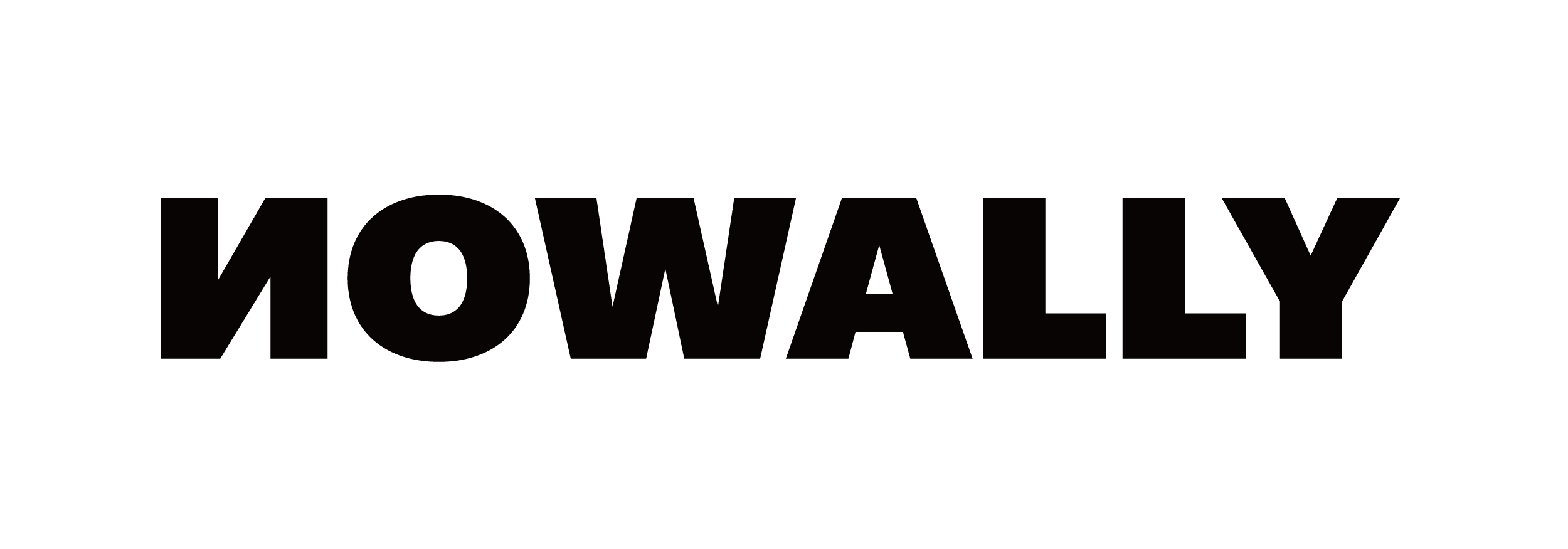

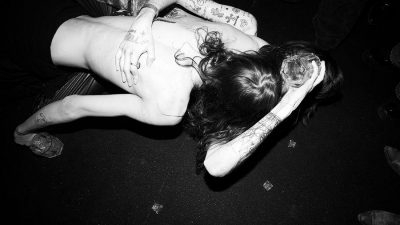
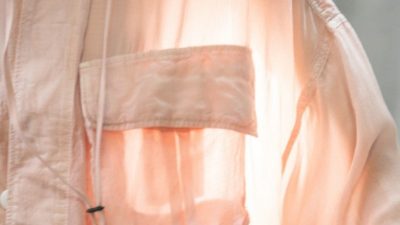
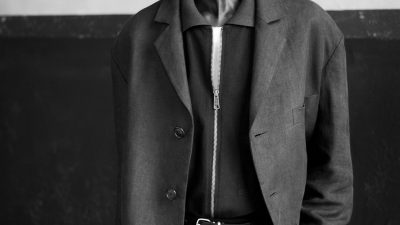

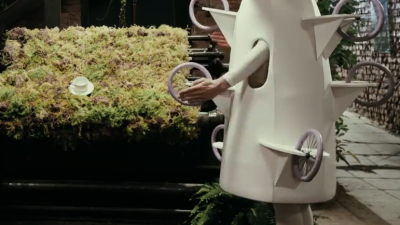

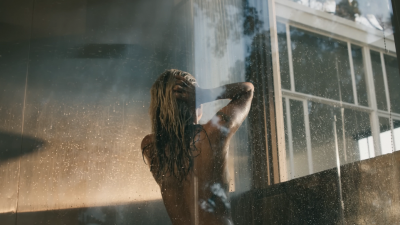
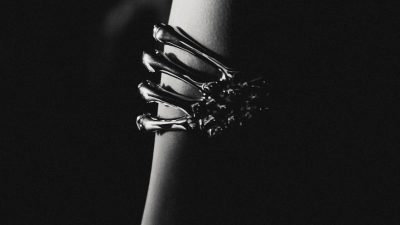
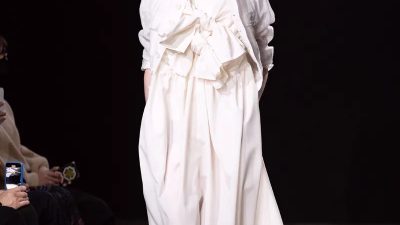

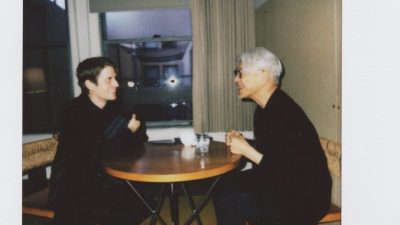

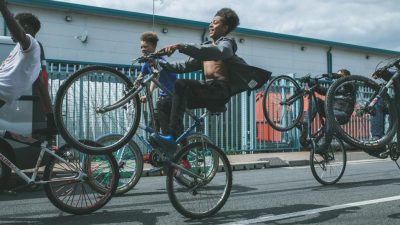
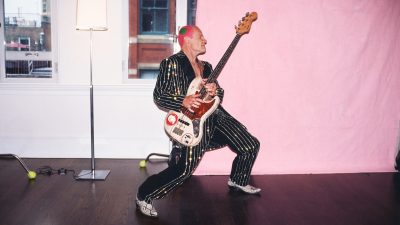
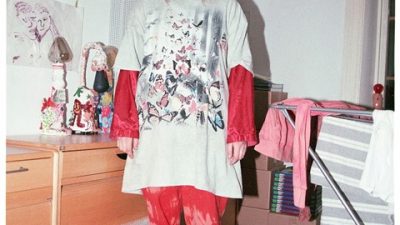
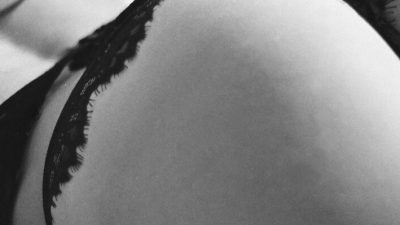

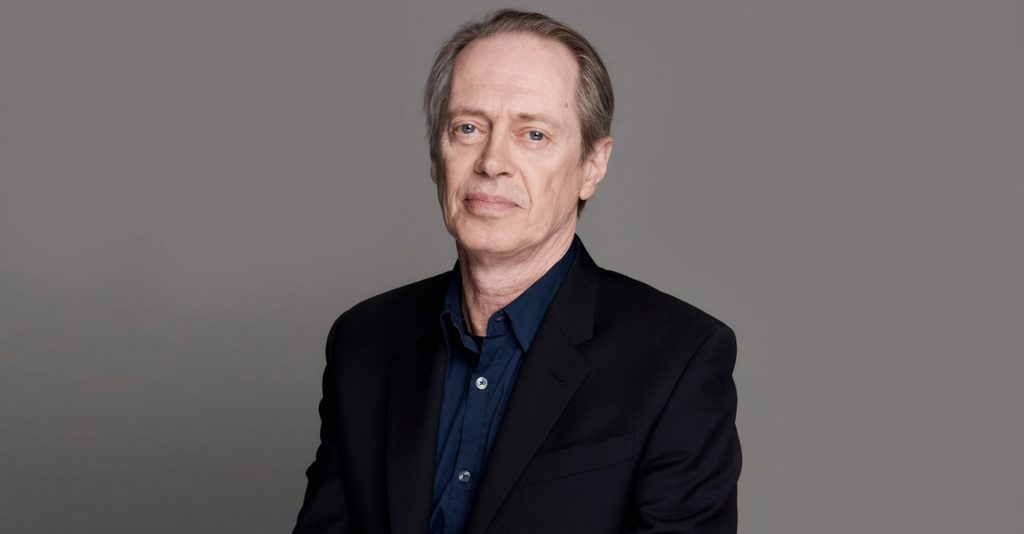

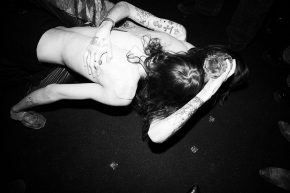
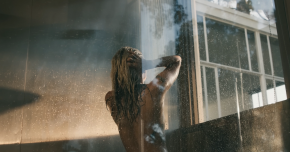
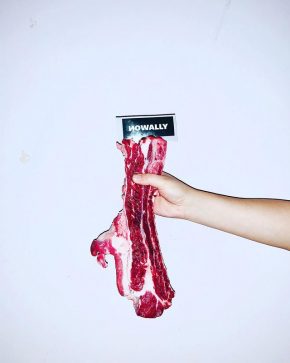
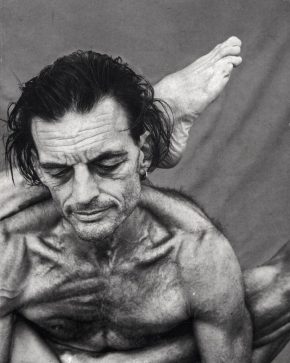
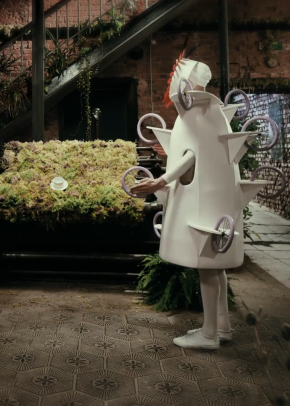
Comments